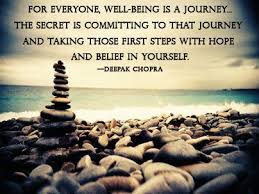Stress, Anxiety & the Self-Regulation Toolkit

Challenging Times! We are truly living in exceptional times. We only need to pop down to our local shops to witness the effects of our society’s current collective response to the stress and anxiety that this is creating. A large part of anxiety can stem from losing the sense of what we think we should be able to control but can’t. Many of us are stressed about the current pandemic and how it may affect our movement, career and even our ability to obtain everyday essentials. This can lead to feelings of helplessness about what will happen or how we are to try and prevent this. It can also trigger a sense of losing trust in our process of life. This loss of control or loss of trust can be mirror uncertainty and loss in other parts of our lives. It may also be reminding us of earlier times in our lives where we didn’t feel in control, safe or sure about the future. Why is it so important to reduce stress and anxiety? There have been many, many studies done on th


